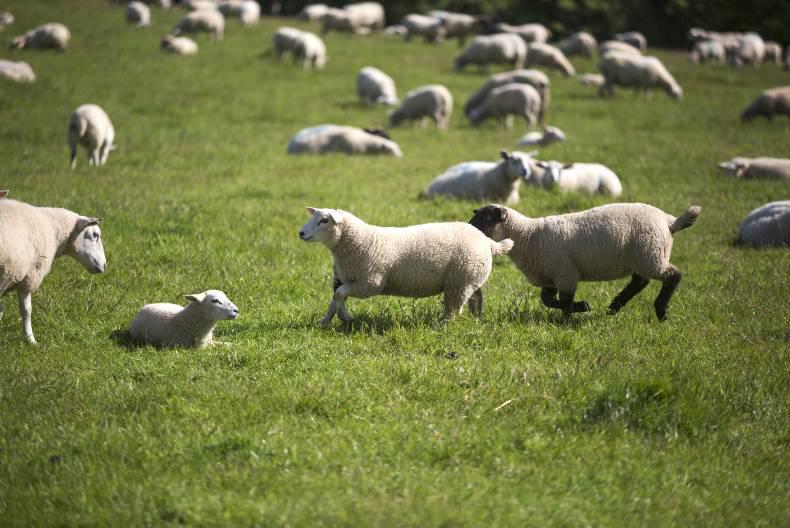Since the first case of bluetongue disease in France was detected on a sheep farm, a further 17 have been identified, all in the Massif Central region – a major livestock farming area in the heart of the country.
“The first phase is to ensure that live exports can happen to avoid the economic consequences of an export ban, ” said Agriculture Minister Stéphane Le Foll. He added that two measures would protect export markets: “Firstly, test animals for bluetongue and, when those tests are negative, allow immediate export as planned. Secondly, launch vaccination.”
Live exports
He said that 1.3m doses of vaccine were available to cover all planned live exports of cattle, sheep and goats until the end of this year. “Anybody who wants to export must vaccinate, there will be no discussion,” Le Foll added. The measures include breeding animals.
Strict animal movement controls are in place, with the Sommet de l’Élevage event – one France’s largest livestock shows – planned to take place between 7 and 9 October under threat from a suspected case on a neighbouring farm.
Mainland France had bluetongue-free status since 2012 and this is the first outbreak in the EU since. The French authorities say they are still investigating how the disease, of a strain not seen since 2008, resurfaced this month.






 This is a subscriber-only article
This is a subscriber-only article











SHARING OPTIONS: